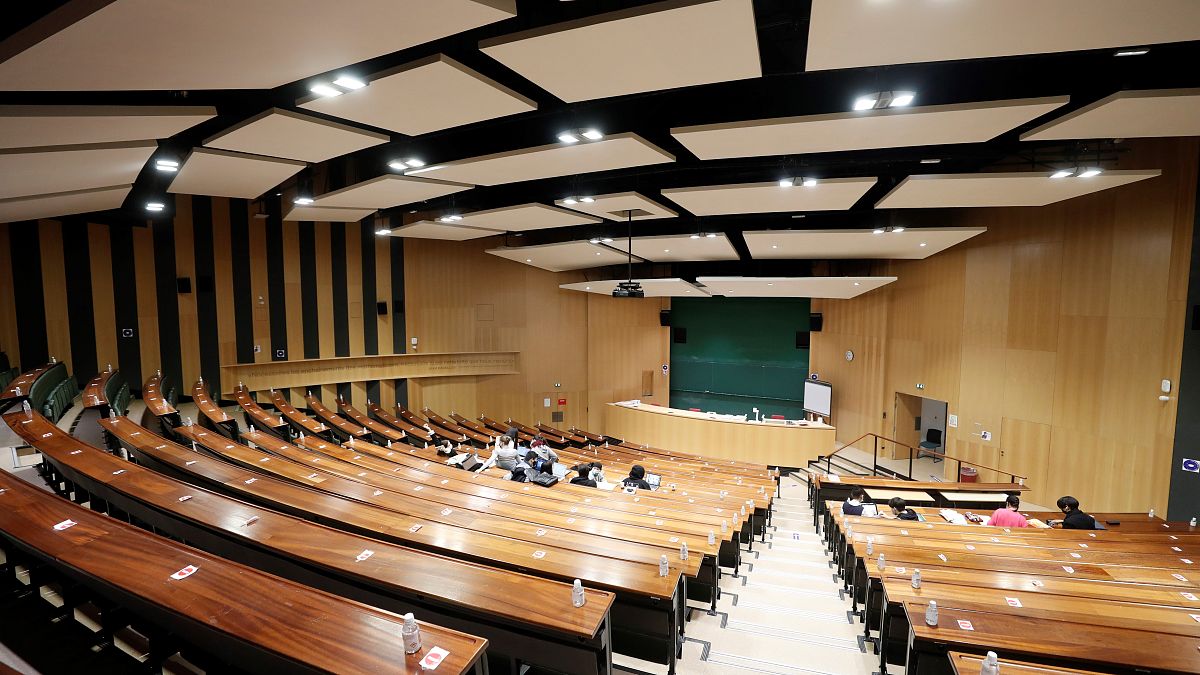The British government has approved tens of thousands of applications for a new study abroad programme, launched after the UK left the EU’s Erasmus programme following Brexit.
The British government has approved tens of thousands of applications for a new study abroad programme, launched after the UK left the EU’s Erasmus programme following Brexit.
Some 40,000 applicants were approved for the first year of the Turing programme, named after the famous British mathematician.
Under Turing, students at university will be able to study in European universities and, unlike Erasmus, in other countries such as Canada, Japan and the US.
There was outcry after the UK pulled out of the Erasmus scheme, which it had been a part of since 1987.
It left as part of its Brexit divorce from the European Union.
When more details of the Turing scheme were announced in March, Guy Verhofstadt, a Belgian MEP and Brexit critic, appeared to mock it, tweeting: "Less support, fewer opportunities for young students through the new Turing scheme…You don’t need to be 'Turing' smart to see who suffers from Brexit here…"
The first edition of the Turing programme plans to place 28,000 students from British universities in European countries, far more than the 18,300 who left in 2018/2019 under Erasmus+.
But the opposition Labour party’s university spokesman, Matt Western, pointed out Turing will only cover travel and living expenses for students, not tuition fees abroad.
This component "will make it impossible for many students to access this incredible opportunity," said Matt Western.
The new programme also makes no provision for reciprocity for EU students studying in the UK (currently around 150,000), making it more complicated and expensive for them to apply.
In a statement, Education Secretary Gavin Williamson touted improved diversity with almost half of the places reserved for participants from disadvantaged backgrounds.
"Until now, this has been an opportunity disproportionately taken up by those from the most privileged backgrounds," he said.
